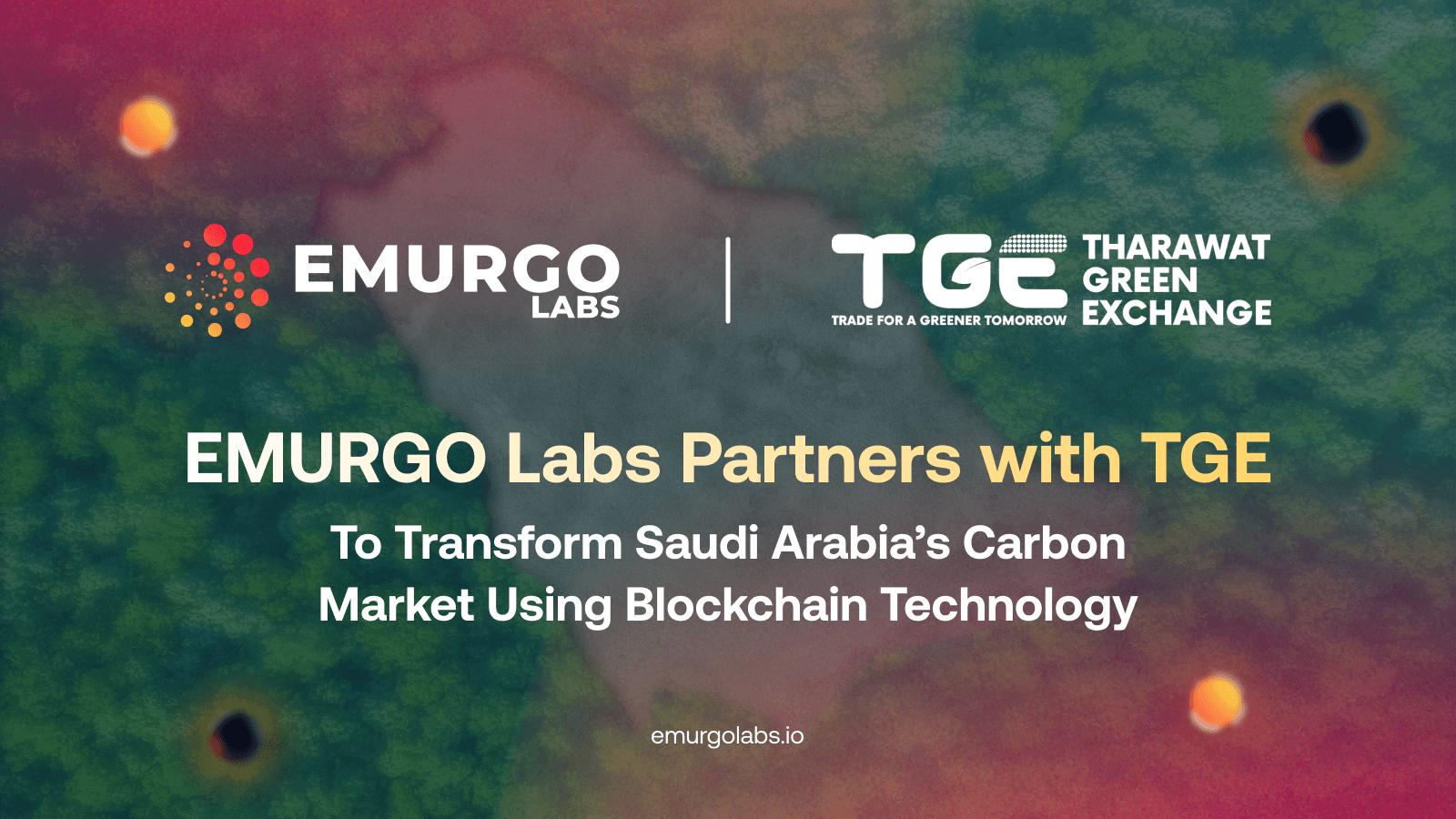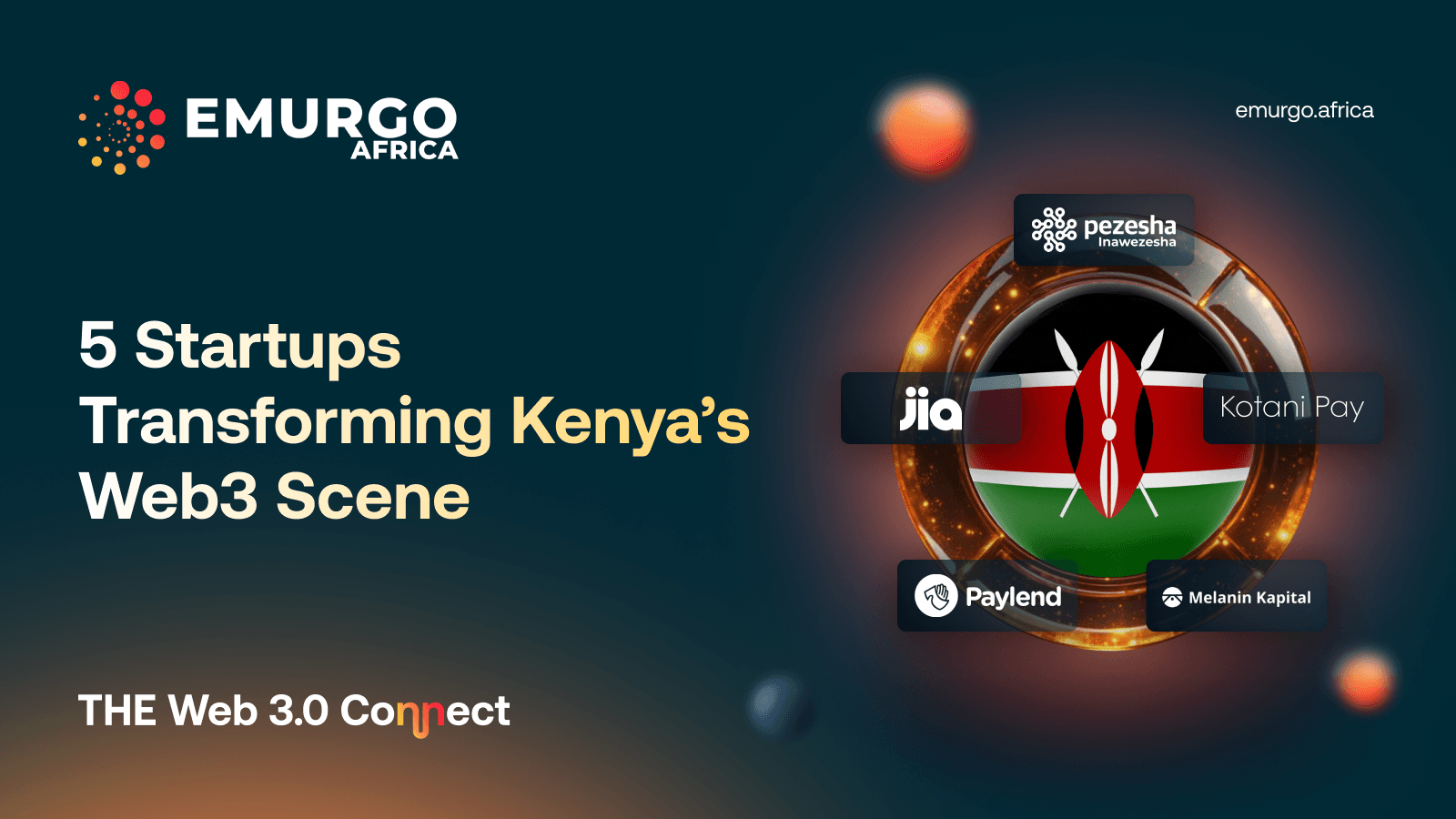Thank you for visiting our blog post! 🐦🏵️
We had the privilege of speaking with David Harding, General Manager of Atala PRISM at IOHK, to explore the potential of decentralized ID and its applications in various critical domains, including Africa🎙️🚀
Blog posts related to this post:
・Download Full Report: Effect of Digital ID and Role of Decentralized ID (DID) in Africa
・Examples of DID Solutions
・Interview: Lohan Spies, Founder and CEO of DIDx, Discusses the Empowerment Enabled by Decentralized ID and Its Impact in Africa
Hope you enjoy reading the articles 😌🍏

David, an engineer turned CTO, boasts a wide-ranging career in aerospace, software development, entertainment, manufacturing, and electronic distribution. With a specialization in digital identity for over two decades, he has pioneered innovative solutions utilizing advanced biometrics such as facial recognition, fingerprinting, iris scanning, and DNA analysis. His leadership has propelled the delivery of world-class digital identity solutions, making him a prominent figure in the field.
Mayuko: Could you provide an overview of Atala PRISM's development progress and its applications?
David: Atala PRISM has evolved from version 1.4, used for an educational project in Ethiopia, to the current version 2, fully compliant with decentralized identity standards. It's a Self-Sovereign Identity (SSI) system built on top of Cardano blockchain. Now, SSI does not require the use of a blockchain. However, it is well purposed for working with blockchains. This next release, which is going to be released into the Linux Foundation’s open source Hyperledger Labs, is really designed around people being able to build self-sovereign identity applications or identity-aware apps.
We're expanding its use in enterprise, fintech and healthcare, offering identity services beyond SSI. This includes identity verification, orchestration, approximation, and authentication. We're also collaborating with centralized identity solutions for security and customer engagement. Additionally, we're exploring physical and logical access control, allowing versatile use of Verifiable Credentials. **A key strength of SSI is the ability to present one's identity in various ways across different channels.
Mayuko**: Could you explain how Atala PRISM version 2 differs from other DID solutions and if there are any unique benefits that set it apart?
David: Most SSI platforms, including those meeting W3C standards, share common features such as issuing, verifying, and managing Verifiable Credentials as well as trust frameworks. Atala PRISM aligns with these core principles. However, what sets Atala apart is its broader approach. While supporting pure Web 3 like others, we acknowledge that much of the digital identity world operates in a Web 2 environment.
Atala acts as a bridge, facilitating the gradual transition to Web 3. This allows established industries with centralized identity systems to harness the power of SSI and Verifiable Credentials while transitioning at their own pace. In essence, Atala PRISM caters to both the Web 3 SSI community and those integrating SSI into their existing identity infrastructure.
Mayuko: How does Atala PRISM manage conflicts between decentralization and existing centralization, regulatory compliance, and privacy concerns when integrating Web 2-based services like banks with Web 3-based Atala PRISM?
David: This is a valid concern. While Web 3 enthusiasts prioritize decentralization, we recognize that many industries, like finance, are subject to government regulations and require centralized identity management. We augment existing infrastructures with SSI capabilities, working within their rules.
Think of a bank using Atala PRISM to issue a Verifiable Credential. The bank already possesses centralized identity data due to their verification checks, including KYC, AML, and OFAC requirements. This existing identity information serves as the basis for issuing Verifiable Credentials using Atala PRISM. When I present my Verifiable Credential, I can selectively disclose specific information, adhering to SSI's principle of selective disclosure. While the bank already has this information, they can leverage our platform to issue and manage Verifiable Credentials, adding an extra layer of trust and security to the process.
For pure Web 3 enthusiasts, we offer Atala PRISM as a decentralized SSI platform. Simultaneously, our other brand integrates SSI into existing infrastructures, allowing a gradual transition to Web 3. Compromise exists for those who need it, while Web 3 developers can use Atala PRISM’s native SSI capabilities as desired.
Figure 1. Trust Diamond Used by SSI Model

Source: “Atala PRISM FOUNDATIONS” by IOHK; For more explanation about SSI model, visit this page.
Mayuko: In low-income countries like Kenya, when providing IDs to those who've never had them before through Atala PRISM, how do you ensure the person receiving the ID is indeed the intended person?
David: That's an excellent question. It ultimately depends on the issuer of the Verifiable Credential. Atala PRISM serves as the platform, the plumbing, so to speak. Just having plumbing in a house doesn't guarantee water; you need a water source. In this case, the entity issuing the Verifiable Credential and identity is responsible for verifying that Mayuko is Mayuko, David is David, Muna is Muna. The platform facilitates verification, revocation, and selective disclosure, but the verification itself happens at the issuer's end.
Mayuko: Do you have any plans to further utilize decentralized ID in African countries, especially in low-income regions?
David: Absolutely, decentralized ID, specifically SSI, holds immense value for developing nations lacking robust identity infrastructure. It's a game-changer, making it easier to reach citizens who are gaining access to services and banking. SSI offers a cost-effective and user-friendly way to interact and build trust. Individuals gain ownership and control over their identities, allowing them to conduct transactions with traditional currency or cryptocurrency, fostering rapid trust creation.
Consider microloans; they can significantly impact economies, and SSI plays a pivotal role in enabling such transactions. This is what excites me about the potential of SSI, especially in countries where quick and impactful changes can occur, propelling them from emerging to strong economies. It's a foundational element upon which to build solid infrastructure, starting with identity—the cornerstone of any nation's development.
While identity is firmly established in countries like the United States, emerging economies have the unique advantage of starting with SSI, granting individuals control over their data across multiple channels. It sets a promising tone for citizenry growth and development.

Mayuko: From your perspective, where do you think mass adoption of decentralized IDs will begin in African countries? Will it primarily focus on areas like finance, providing IDs to those who've never had them, healthcare, or education?
David: It's likely to begin across various sectors, but historically, mass identity initiatives often start with the government. Personal identity for most people begins with government-issued documents. For example, a birth certificate submitted by a doctor is the first step in establishing identity. Then, one may acquire additional government-issued IDs like a Social Security card, driver's license, or passport. These government-based identities then branch into other areas like healthcare and banking.
However, it's essential to recognize that the same model may not apply to every African country. Some regions may develop identity from different starting points. For instance, a school could issue an initial digital identity to students, enabling them to build upon it as they progress through their education. Similarly, access to banking services or healthcare can be the entry point for identity. Each country may have its unique approach to identity growth, and innovation in these key sectors will drive adoption.
Ultimately, when identity becomes normalized and federated, individuals will use a single identity across multiple domains, much like using a government-issued ID for various purposes.
Mayuko: Thank you very much for the insightful talk!
Thank you very much for reading this post 💎⛓️
For downloading the full report, visit this page.
Follow EMURGO Africa for more information

EMURGO Africa invests and supports local Web3 projects in the region to adopt Cardano’s decentralized blockchain technology to build socially impactful solutions.
As a regional entity of EMURGO, the official commercial arm of Cardano, EMURGO Africa also runs a local Cardano accelerator in Africa, Adaverse, which accepts applications year-round.
For more up-to-date information on EMURGO Africa, follow the official channels listed below.
About EMURGO Africa
- Official Website: emurgo.africa
- Twitter: @EmurgoAfrica
- Telegram: https://t.me/emurgoafrica



